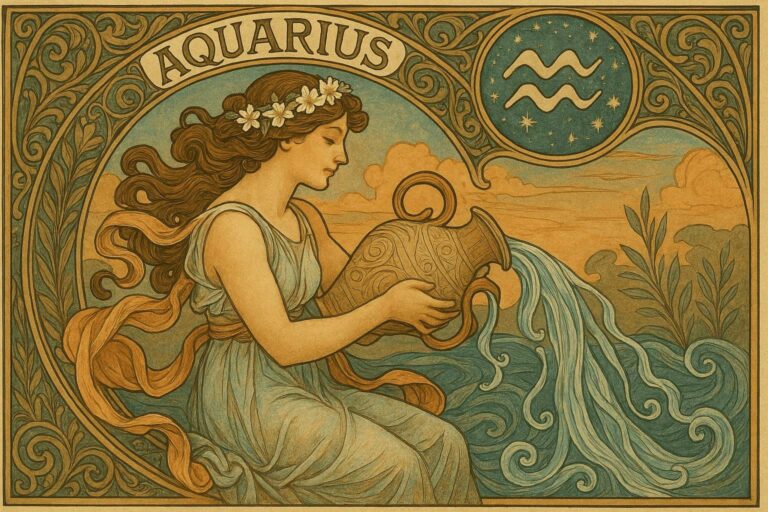Red Flags in a Relationship that are Mistaken as Green Flags
In the intricate world of relationships, it’s all too easy to misread certain actions as signs of love, commitment, or compatibility when they might be subtle red flags. These red flags often disguise themselves as green flags, hiding behind charm, attention, or romantic gestures that seem perfect at first glance. From excessive compliments and ambitious plans to controlling and togetherness, these seemingly sweet actions can hint at deeper issues like emotional manipulation, possessiveness, or a lack of personal boundaries. It’s crucial to spot these red flags, especially when they’re wrapped up in what looks like love or devotion.
The danger lies not in revealing them, but in the way they can be justified, overlooked, or even celebrated. Many individuals fall into toxic patterns because they mistake intensity for intimacy or control for care. By learning to identify these red flags early—particularly those that masquerade as green lights—we give ourselves the power to build healthier, more balanced relationships. After all, in love, not every moment that seems perfect is without its thorns, and not every kind gesture comes from a genuine place.
Over-the-Top Charm or Flattery
When a relationship is just getting started, excessive compliments and flattery can be very uplifting. But if someone is throwing compliments your way way too quickly, it might be a sign of love bombing. This kind of behavior creates a false sense of closeness and dependency, making it harder to spot controlling behaviors down the line. Real charm should develop naturally, not be weaponized to rush emotional connections. Spotting these red flags can help you steer clear of manipulation disguised as love.
Talking About the Future Too Soon
When someone starts planning your wedding after just a few dates or talks about a future together right away, it might seem romantic. While this can look like a genuine commitment, it could also signal a rushed emotional bond. Healthy relationships allow trust, compatibility, and shared values to grow over time. Jumping ahead without laying a solid foundation might be a way to hide insecurities or manipulate the connection.
Not Letting You Pay for Anything
Generosity is a beautiful thing, but if your partner insists on covering every expense and never lets you chip in, it could be a subtle form of control. While many might see this as caring or chivalrous, it can also hint at a desire for dominance or dependence. These kinds of red flags can lead to financial imbalance or guilt, making you feel obligated. True generosity encourages mutual participation while respecting each other’s independence.
Wanting to Spend All Their Time With You
At first, constant attention can feel sweet, like they just can’t get enough of you. But when a partner wants to be with you all the time and discourages you from spending time alone or with friends, that’s a cause for concern. This behavior often leads to emotional isolation and codependence. Healthy relationships appreciate personal space and nurture outside connections, knowing that love flourishes when both individuals can thrive independently and together.
Courting With Grand Gestures
Extravagant getaways, extravagant gifts, and grand declarations of love are the ultimate manifestations of deep affection. But sometimes, these extravagant gestures can hide emotional immaturity or distract from a genuine connection. When someone leans on big events to impress, it’s worth pondering what they might be compensating for. These red flags lurk beneath all the sparkle and charm, and they could leave emotional needs unmet.
Saying Their Life Is Incomplete Without You
Hearing that you’re someone’s “everything” can be one of these red flags for emotional dependency, no matter how romantic it sounds. It’s easy to ignore this warning because it seems nice, but relying solely on one person’s emotional survival can be harmful. Outside of the relationship, each partner ought to have a sense of completeness and self-worth. Love should enhance your life, not be the only thing holding it together.
Wanting to “Lead” the Relationship
In relationships, leadership should be a shared effort, built on teamwork and joint decision-making. If one partner insists on making all the choices or always claims to “know best,” it could be among these red flags disguised as confidence. Control often masquerades as advice, which can eventually silence your voice or restrict your freedom. Healthy partnerships flourish when both individuals feel heard, respected, and equally empowered.
Conclusion
Understanding the difference between true love and subtle control is essential for emotional safety and personal growth in any relationship. What might seem charming or devoted can sometimes hide deeper issues that chip away at trust, independence, and overall well-being over time. The more we become attuned to these red flags—especially when they disguise themselves as green flags—the better equipped we are to build relationships rooted in mutual respect, emotional maturity, and healthy boundaries. In love, being aware goes beyond just feeling safe; it’s also about empowerment.






